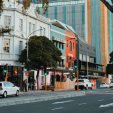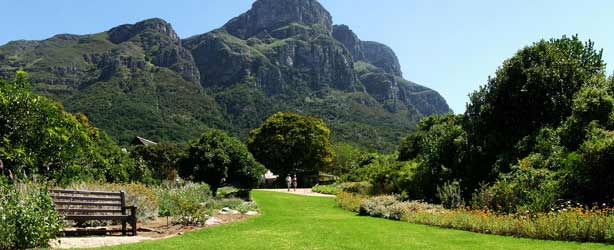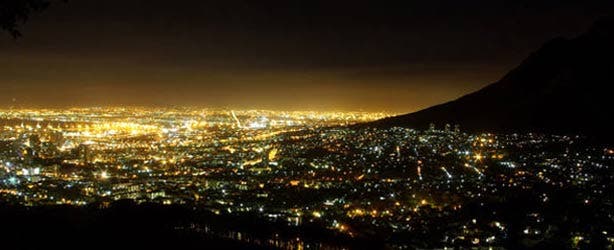Beach safaris, game drives & giraffes just steps from your stoep
Scientists Share Ideas on Managing Kruger Park
About 200 scientists, researchers and conservationists are meeting to share new ideas on how to manage the Kruger National Park
About 200 scientists, researchers and conservationists are meeting this week to share new ideas on how to manage the Kruger National Park.The fifth annual Science Network Meeting began in Skukuza Monday where delegates have been discussion veld fires, implications of providing artificial water sources and managing the human impact on the savannah.
"[The meeting] brings together different viewpoints and ideas, so that researchers can challenge each other and perhaps work together on collaborative projects," said the head of the park's Scientific Services unit, Danie Pienaar.
The meeting also provides an opportunity for South African National Parks (SANParks), which manages the Kruger Park and other national parks, to determine the efficacy of research programmes.
Further to this, the research programmes' progress in conserving biodiversity is also assessed.
The Scientific Services unit, which is based in Skukuza, has a team of scientists specialised in different fields.They also work with outside scientists, mainly from academic institutions, on research projects.
Field rangers and managers are also invited to the meeting this week, so that they can be brought up to speed with the latest research findings.
The main sponsor of the meeting is the United States-based Andrew W Mellon Foundation, which also supports the Kruger River / Savannah Boundary Project and SANParks' Junior Scientist Programme.
The Kruger National Park was established in 1898 to protect the wildlife of the South African Lowveld.
It is nearly 2 million hectares insize and is unrivalled in the diversity of its life forms and a world leader in advanced environmental management techniques and policies.
The park is home to species including 336 of trees, 49 of fish, 34 types of amphibians, 114 reptile species, 507 kinds of birds and 147 species of mammals.
Man's interaction with the Lowveld environment over many centuries - from bushman rock paintings to majestic archaeological sites like Masorini and Thulamela - is very evident in the Kruger National Park.
These treasures represent the cultures, persons and events that played a role in the history of the Kruger National Park and are conserved along with the park's natural assets.
A nine month report, ending 31 December 2005, released by SANParks in 2006 shows the Kruger National Park received the highest number of guests from all national parks, at 1 005 012.
This was followed closely by Table Mountain National Park with 1 001 123 guests and Tsitsikamma National Park in third place with 113 368 guests.
Source: Sharon Hammond, BuaNews
Molo says: "Find accommodation in the Kruger National Park, Kruger Lowveld, and other places in South Africa by navigating our clickable maps."
"Want to go on safari? Find affordable safari holiday deals in our Specials section. Also read more about Aquila Private Game Reserve near Cape Town and Sir Richard Branson's Ulusaba Private Game Reserve".
"Want to stay updated with everything happening in Cape Town and surrounds? From restaurant reviews to breaking news, CapeTownMagazine's monthly newsletter will keep you connected to the pulse of the Mother City. Subscribe now."









